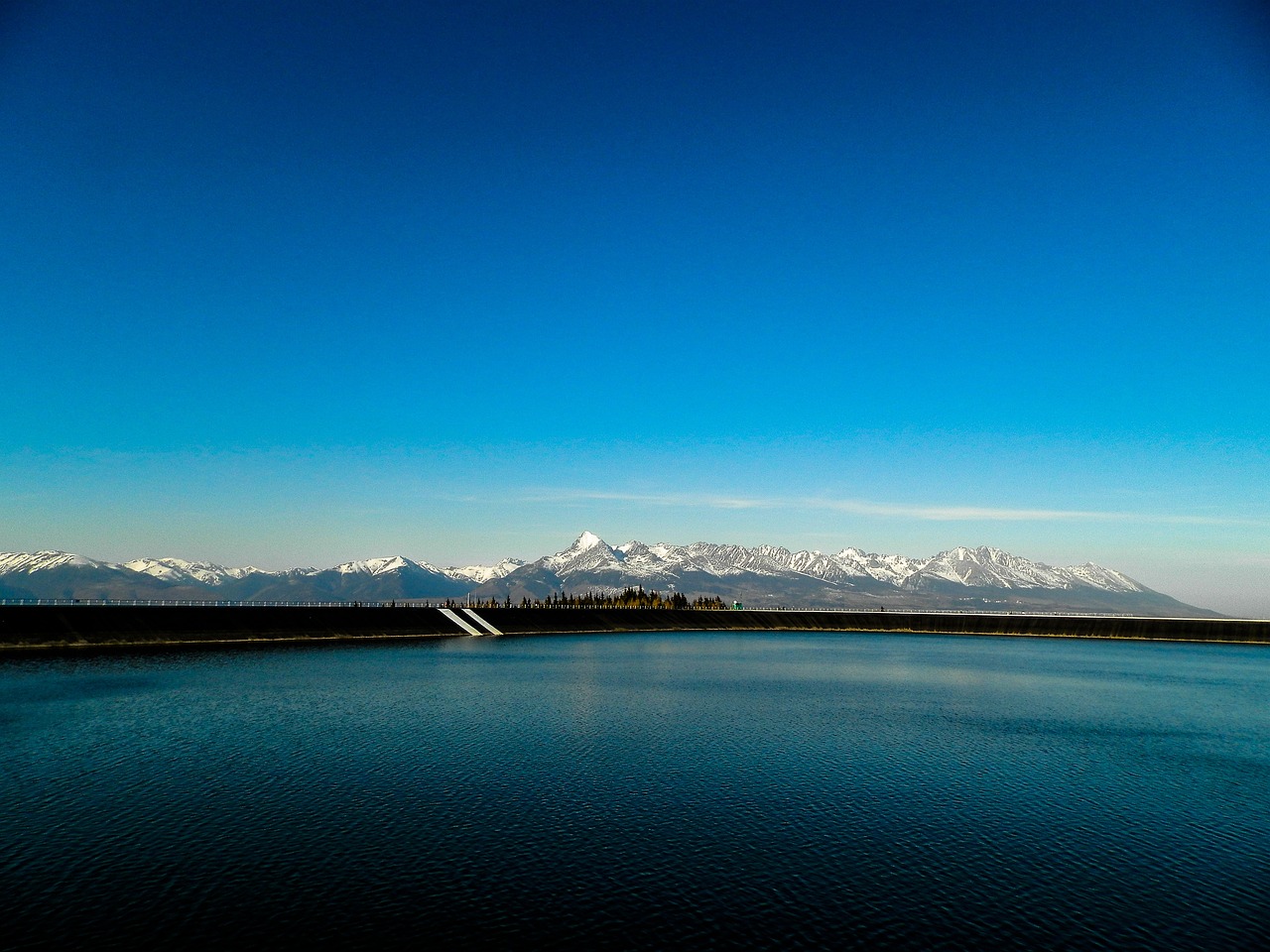Creating Sustainable Water Management Systems in IPL Stadiums: 11 x play login, India24bet, Skyfairs signup
11 x play login, india24bet, Skyfairs Signup: India is a cricket-crazy country, and the Indian Premier League (IPL) is the epitome of cricket fever. Every year, thousands of fans flock to stadiums across the country to witness their favorite teams battle it out on the field. However, the massive crowds that gather for IPL matches also put a strain on the infrastructure, especially when it comes to water management.
Creating sustainable water management systems in IPL stadiums is crucial to ensure that these venues can handle the influx of spectators without putting undue pressure on local water resources. Here are some key strategies to achieve this goal:
1. Rainwater Harvesting: One of the most effective ways to manage water sustainably in IPL stadiums is by implementing rainwater harvesting systems. By collecting rainwater from the stadium roofs and storing it for later use, stadiums can reduce their reliance on municipal water sources.
2. Greywater Recycling: Another important aspect of sustainable water management is the recycling of greywater. Greywater is water that has been used for washing or other non-potable purposes and can be treated and reused for activities like irrigation or flushing toilets.
3. Water-efficient Fixtures: Installing water-efficient fixtures like low-flow toilets and faucets can significantly reduce water consumption in IPL stadiums. These fixtures can help stadiums save water without compromising on user experience.
4. Drip Irrigation Systems: For stadiums with green spaces or gardens, drip irrigation systems can be a game-changer. These systems deliver water directly to the roots of plants, minimizing water wastage and ensuring that every drop counts.
5. Water Monitoring and Management: Implementing water monitoring systems can help stadiums track their water usage and identify areas where improvements can be made. By analyzing data on water consumption, stadiums can make informed decisions to optimize their water management practices.
6. Community Engagement: Finally, involving the local community in water management initiatives can foster a sense of ownership and responsibility towards sustainable practices. Stadiums can partner with local organizations to raise awareness about water conservation and encourage community participation in water-saving efforts.
FAQs
Q: How can fans contribute to sustainable water management in IPL stadiums?
A: Fans can support sustainable water management by using water responsibly in stadium facilities, such as restrooms and concession stands. Additionally, fans can spread awareness about water conservation practices and encourage others to be mindful of their water usage.
Q: Are there any IPL stadiums that have already implemented sustainable water management practices?
A: Yes, some IPL stadiums have already taken steps towards sustainable water management, such as installing rainwater harvesting systems and water-efficient fixtures. However, there is still room for improvement, and all stadiums can work towards becoming more water-efficient.
In conclusion, creating sustainable water management systems in IPL stadiums is essential to ensure the long-term viability of these venues. By implementing strategies like rainwater harvesting, greywater recycling, and water-efficient fixtures, stadiums can reduce their environmental impact and contribute to the overall conservation of water resources. With a concerted effort from stakeholders, IPL stadiums can lead the way in sustainable water management practices and set an example for others to follow.







